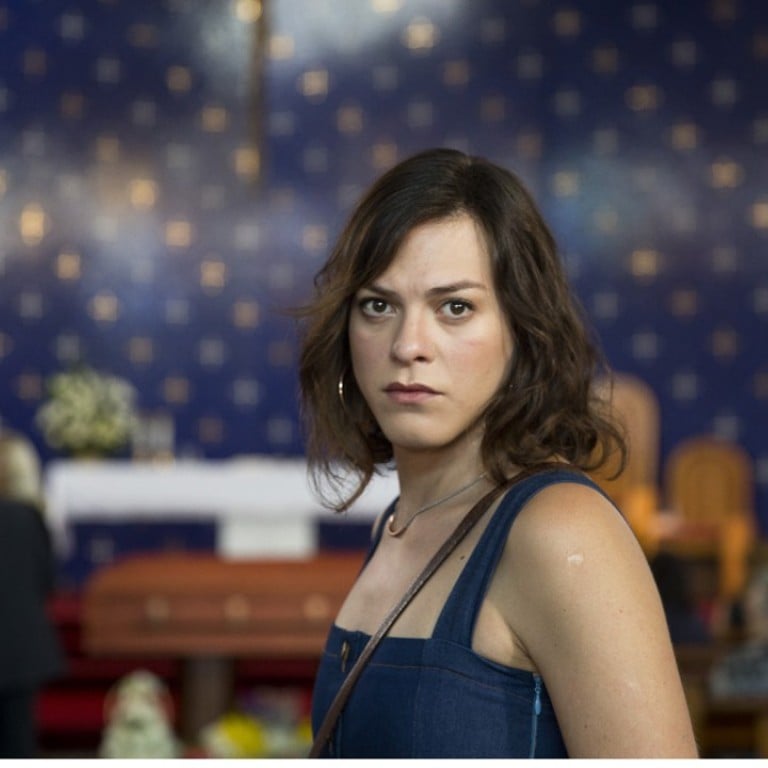
A Fantastic Woman star Daniela Vega on being transgender actress and journey to the Oscars
The Chilean singer and theatre performer discusses how she fell into acting and how she landed the lead roll in A Fantastic Woman. The film is nominated in the best foreign language category at the Academy Awards
Daniela Vega is sitting in a room in a boutique London hotel. It’s late 2017, and she’s contemplating the possibility of becoming the first transgender actress to be nominated for an Academy Award. “I think all recognition is important and is a high point in the career of somebody,” the Chilean native says, in measured tones.
“The Oscar is very spectacular. But I’m going to cross the bridge when I get to the river. For now, I’m just walking.”
Deliberate in her answers, it was perhaps just as well that she prepared herself for disappointment: when the nominations arrived two weeks ago, Vega’s performance in A Fantastic Woman was overlooked in favour of more established stars like Meryl Streep and Frances McDormand.
But it wasn’t such an outlandish dream. The film, which won the Silver Bear for best screenplay when it premiered at the Berlin Film Festival last year, will compete at the Oscars in the best foreign language category.
Oscar or not, it’s been a remarkable journey for the 28 year-old Vega, which began when she met the film’s director Sebastián Lelio (whose previous film, Gloria, about a middle-aged woman rediscovering her love for life, was another festival hit). “I knew him because of his films,” she says.
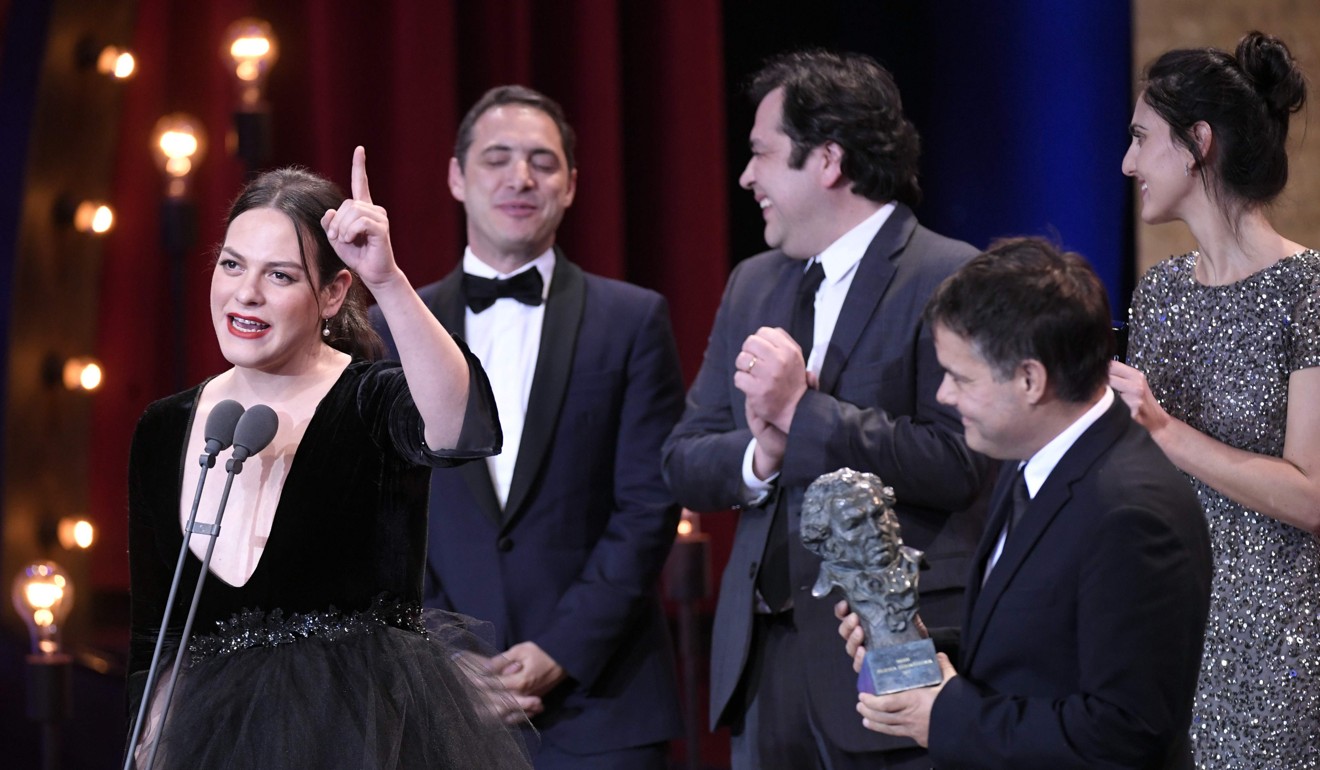
Out of the blue, he called Vega. “I agreed to meet with him. And when we met we realised that we were very close, as if we had met a long time ago.”
At the time, Lelio had no intention of casting Vega, a singer and theatre performer who had appeared in the 2014 film The Guest.
Steven Spielberg and Tom Hanks on The Post, fastest film director has ever made, and sci-fi movie Ready Player One
“I was just exploring if I wanted to make the film or not,” the director explains, “so I was meeting some transgender women, but I wasn’t looking for an actress. Then when I met her it was a milestone in the process. I liked her immediately. We became friends, and she agreed to become a friend of the project, a cultural adviser.”
It’s an important phrase – cultural adviser – and there’s no question that Vega’s own experiences lend the film its authentic heart. At the time, Lelio didn’t even have a script. he eventually co-wrote it with Gonzalo Maza.
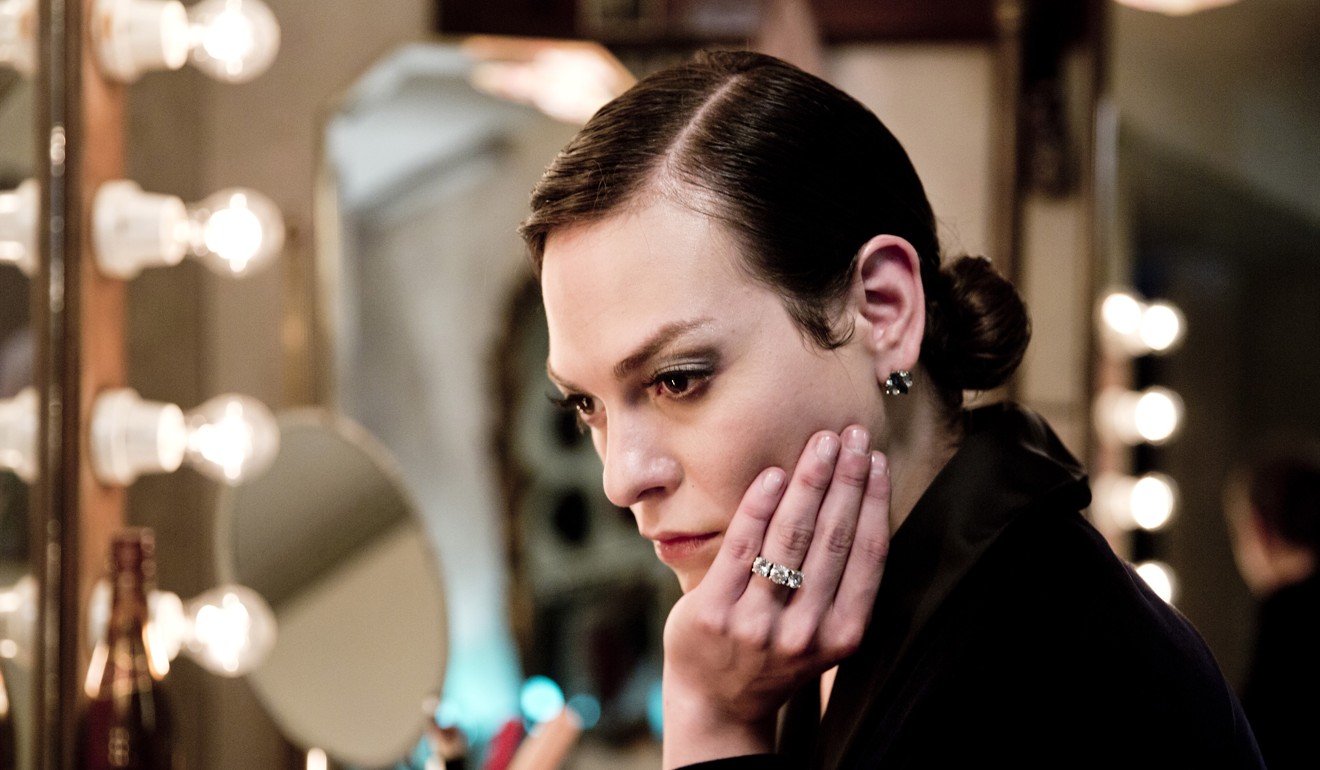
“We were talking for a year and she was sharing what being a transgender woman in Santiago meant for her, and then I realised, ‘yes, I want to make the film’. Later on I realised I was not going to make it without a transgender actress,” Lelio recalls.
The moment Lelio finished the first draft, he knew he had to look no farther than Vega for his protagonist Marina, a transgender waitress who undergoes a horrific upheaval when her older boyfriend Orlando dies suddenly from a brain aneurysm. What follows is excruciating as Marina faces vitriol and violence from Orlando’s family, as well as humiliating encounters with those in positions of authority, refusing to acknowledge her transition to a woman.
Oscar favourite Gary Oldman on playing Churchill in Darkest Hour – and nicotine poisoning from smoking all those fine cigars
“When I first read the script, I didn’t know he had written it for me,” says Vega, dressed today with businesslike authority in heels, a white blouse and a grey skirt. “So it was a complete surprise. I phoned him and I asked him, ‘What have you done?’ He told me he wanted me to be his lead actress. I told him that he was mad and he told me, ‘I’m not mad, I’m completely convinced about this’.” And, so she accepted.
Why did she think Lelio was mad to want her? “Because it was a very big script with a lot of scenes with me and a lot of work,” she says. “He had worked with very big actresses in the past like Paulina García [who won best actress in Berlin for Gloria].”
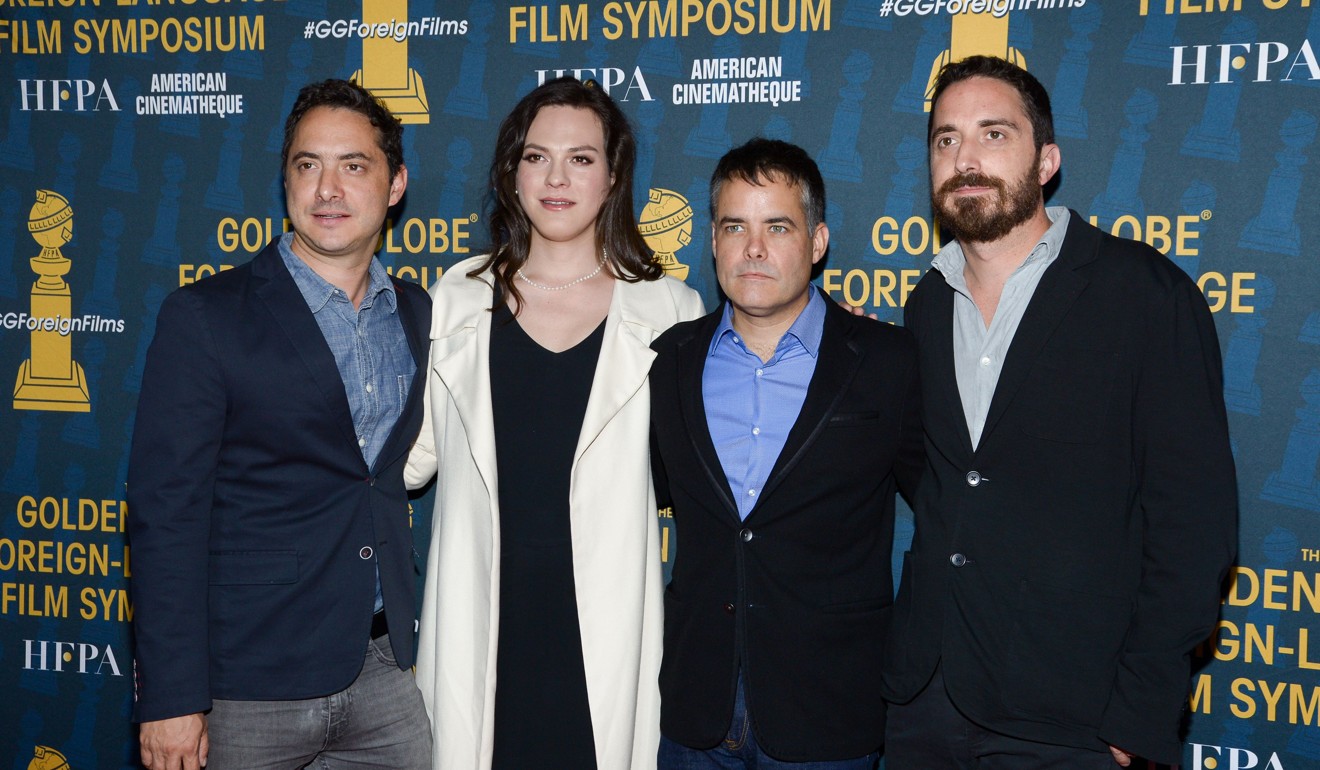
What’s more, with Lelio’s chosen producer Pablo Larraín – the filmmaker behind Neruda and the English-language film Jackie – it was clear this was going to be an important film. “I thought, ‘OK, we have to do this right’.”
Everybody has experienced prejudice. My path has taken me another way. And I’ve experienced violence and discrimination, but with all of that I’ve created art.
There was a considerable amount of preparation needed to play Marina – “15 different types of training” as Lelio puts it, exaggerating a little. Everything from singing and choreography lessons [for a wonderful dream sequence in which Marina imagines she’s the star of a ‘look at me’ dance number] to losing weight and even learning to drive.
But Vega fully embraced all the challenges. “Instead of getting shocked and scared, I enjoyed it,” says Vega.
Her love of performance fed into her desire to transition. “When I was little, I wanted to be a girl. That was the first thing that I realised I wanted: to be more feminine.”
Expressing herself through fashion and clothing, she started singing when she was eight, inspired by her blind grandmother. “She taught me to give an image to the sounds. And that was the way I learnt to translate emotions into sound.”
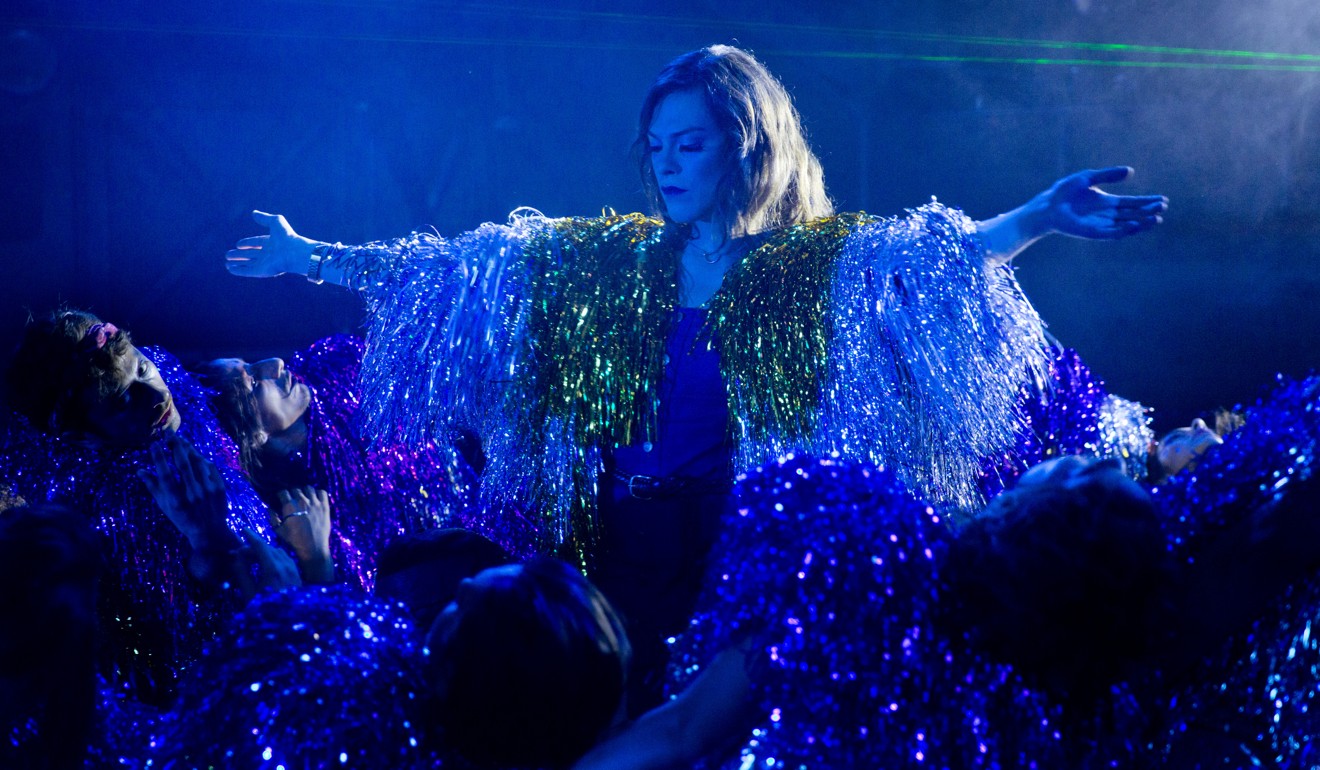
Speaking in Spanish with a translator by her side, Vega is more reserved when it comes to talking about her own adult experiences. “Everybody has experienced prejudice. My path has taken me another way. And I’ve experienced violence and discrimination, but with all of that I’ve created art,” she says.
Lelio says the script only indirectly references Vega’s own life. Whether the film will now allow for the emergence of other transgender actors is an intriguing point. “Time will tell,” Vega says with a shrug. “I’m only an actress doing her job. I don’t have the answers for the world.”
Downsizing director Alexander Payne on Hong Chau’s star turn, and why sterilisation should be in the drinking water
She’s diplomatic when it comes to discussing cisgender actors (someone whose gender identity corresponds with the sex assigned to them at birth) who have played transgender roles, notably Jared Leto who won an Oscar for his transgender woman with Aids in Dallas Buyers Club . “As an acting exercise, I think it’s an interesting challenge,” she says. “I could – and I have – played male characters.”
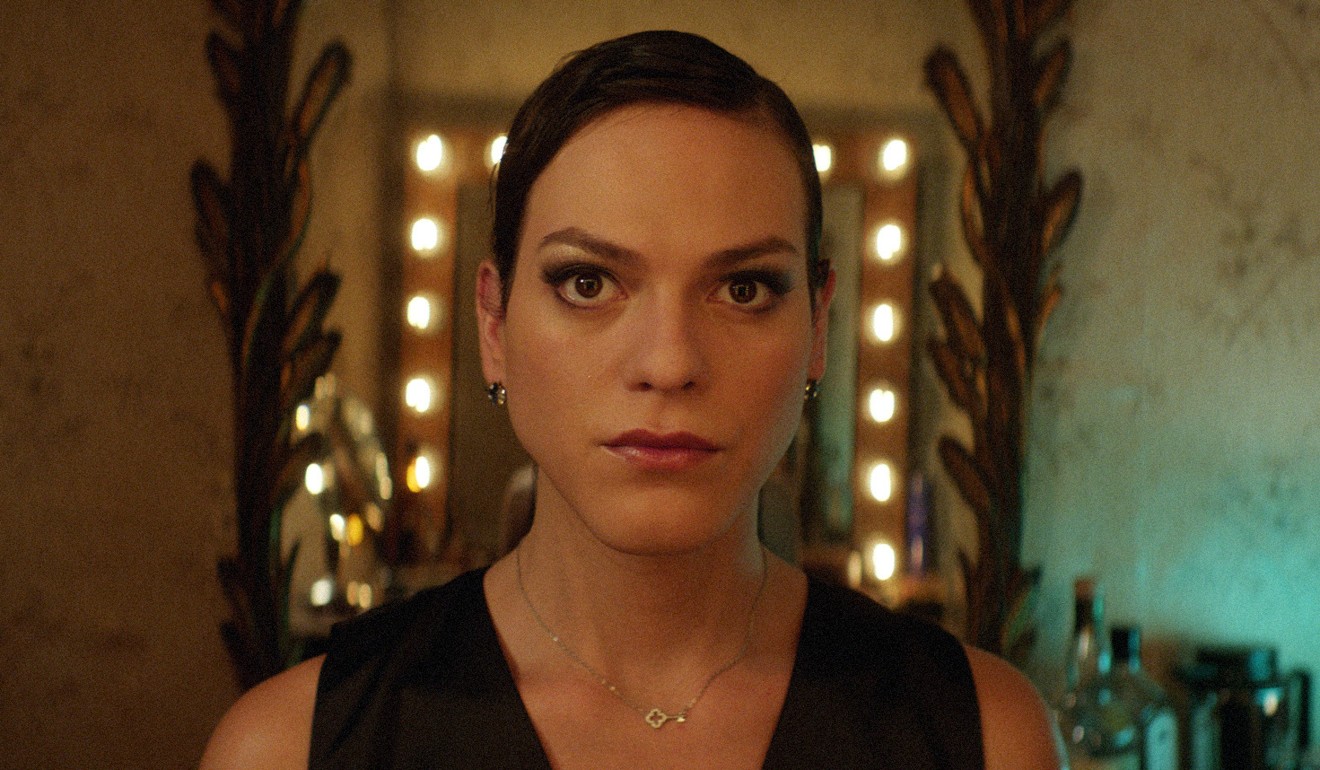
But then there is a political point. “There are people who could play this role, but they were put aside. I feel that art is currently opening up again and bringing to the centre of attention trans characters played by trans actors. The question is, why are there so very few trans actors, regardless if it’s a trans character or not?” she questions.
As for the future, Vega admits it would be “spectacular” to work with A Fantastic Woman’s producer, Pablo Larraín, and Spain’s Pedro Almodóvar. “For now my ambition is to carry on creating, [whether it’s] recording or films or plays,” she says.
While she may not have been nominated for an Oscar herself, Vega will certainly walk the red carpet with Lelio. “The most beautiful thing of this film is that it’s made for and about love,” she says. “And everything that happens to it in the future has been crowned with love.”
A Fantastic Woman opens on February 15
Want more articles like this? Follow SCMP Film on Facebook

 (1).JPG?itok=0BHk6odg&v=1665981271)